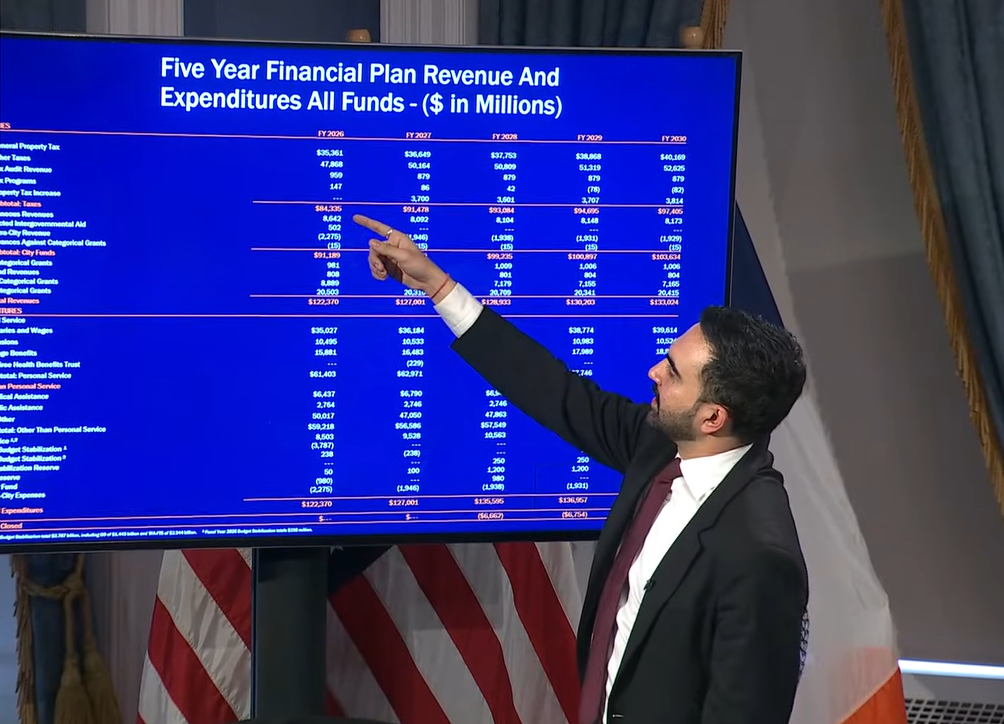The IRS has just issued new proposed regulations on deductions for business entertainment and meals expenses under the Tax Cuts and Jobs Act (TCJA). These new proposed regs provide guidance on entertainment activities and clarify when food and beverages remain deductible under a 2018 Notice (IR-2020-39, 2/24/20).
Among other massive changes for business taxpayers, the TCJA permanently eliminated the 50% deduction for entertainment, amusement or recreation expenses, effective for 2018. It also limited deductions for the cost of food and beverages provided by employers to employees. But it was not initially clear how the new rules applied to business meal expenses.
Notice 2018-76 provided a foundation. Notably, the Notice stated that food and beverages purchased as part of or during an entertainment activity remained 50% deductible if they were purchased separately from the entertainment or if the cost of the food and beverages was stated separately from the entertainment on bills, invoices or receipts.
The new proposed regs establish an “objective test” to determine whether an activity is generally considered to constitute entertainment. This objective test precludes arguments that entertainment means only entertainment of others or that an expenditure for entertainment should be characterized as an expenditure for advertising or public relations.
In addition, the new regs generally follow the guidelines established in Notice 2018-76 for deducting meal expenses, with only minor changes. Under the proposed regulations, taxpayers may continue to deduct 50% of their meal expenses if the following conditions are met:
- The expense is an “ordinary and necessary” business expense paid or incurred during the tax year when carrying on any trade or business.
- The expense is not lavish or extravagant under the circumstances.
- The taxpayer, or an employee of the taxpayer, is present when the food and beverages are furnished.
- The food and beverages are provided to a current or potential business customer, client, consultant or similar business contact.
- Any food and beverages provided during or at an entertainment activity are purchased separately from the entertainment or the cost of the food and beverages is stated separately from the cost of the entertainment on one or more bills, invoices, or receipts.
For example, say that a client purchases a ticket to take a client to a baseball game. During the game, the taxpayer buys the client two beers and a hot dog. Because the food and beverage is purchased separately from the ticket, the taxpayer can deduct 50% of the cost of the beers and hot dog, but not the cost of the ticket.
Similarly, if a client leases a luxury box and takes a client to a game, no deduction is allowed if the cost of food and beverages is included in the cost of the box rental. If the food and beverages are invoiced separately, however, the taxpayer may deduct 50% of that cost.
Furthermore, the new proposed regs clarify that the definition of a “potential” business customer or other contact is limited to a “person with whom the taxpayer could reasonably expect to engage or deal in the active conduct of the taxpayer’s trade or business such as the taxpayer’s customer, client, supplier, employee, agent, partner, or professional adviser, whether established or prospective.” In other words, it can’t just be a friend you’re inviting to the game.
The IRS has requested comments on the new proposed regs. You can expect additional guidance in the near future.
Thanks for reading CPA Practice Advisor!
Subscribe Already registered? Log In
Need more information? Read the FAQs




